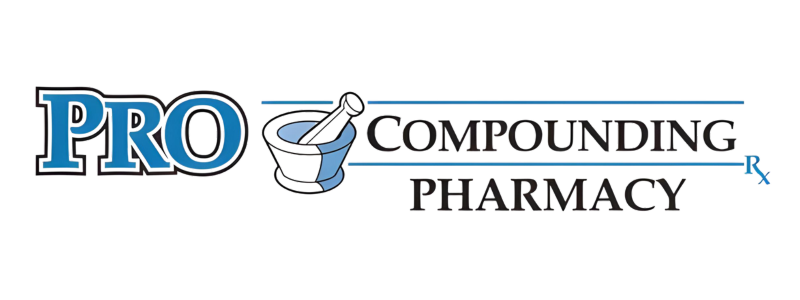ProCompounding FAQs
Compounding combines an ageless art with the latest medical knowledge and innovation, allowing highly trained professionals to prepare a customized medication to meet each patient’s specific need. Compounded medications are “made from scratch” – individual ingredients are mixed together in the exact strength and dosage form required by the patient. Compounding plays a crucial role in the pharmaceutical industry by providing physician and patients solutions that are not commercially available.
With increased regulatory measures in the past dedicate, compounding pharmacies must abide by the strict requirements of USP 795 and USP 800. Compounding pharmacies are regulated by their state board of pharmacy and their credential entities, ensuring exceptional quality and standards are met.

